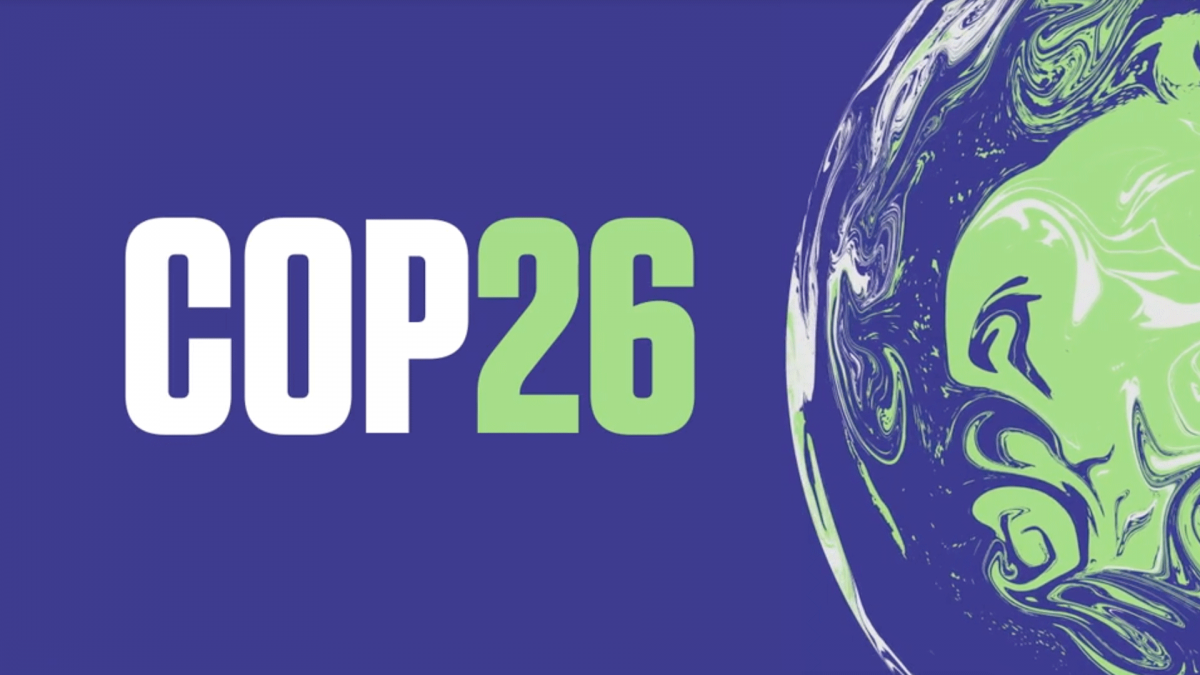The recently concluded COP26 climate negotiations in Glasgow had a clear topline goal: Secure global net zero greenhouse gas (GHG) emissions by midcentury. The phrase “net zero” recognizes that some sectors, such as building, industry, and aviation, are very likely to have positive emissions in 2050. To offset them, at least one other sector must have negative emissions. This is simple math, but we are not yet embracing its implications.
Of the major emitting sectors, agriculture, forestry, and other land use (AFOLU) is currently the only one with serious potential to become a net emissions sink, meaning it can pull more greenhouse gases out of the atmosphere than it emits. This makes AFOLU pivotal to reaching net zero emissions. To achieve a stable climate, we need to put more emphasis and resources toward transforming AFOLU from a net source of emissions to a net sink—the kind of focus that is making transformative change achievable in sectors like power generation and transport.
In 2018, AFOLU accounted for about 21% of global emissions from all sources. By comparison, electricity generation accounted for not quite 24%. Suppose, for simplicity, that all sectors other than AFOLU reduce emissions by 90% relative to 2018 levels by 2050. To attain the net zero target, AFOLU must then eliminate all current emissions and sequester from the atmosphere an amount equivalent to about 8% of 2018 total emissions, making for a total shift of approximately 29% of 2018 total emissions. In this context, AFOLU has significantly larger emissions reductions goals than electricity generation.
AFOLU and downstream activities in the food system are also central to achieving other topline goals of COP negotiations, notably protecting communities and natural habitats from the effects of climate change. For communities, the food system is currently the world’s largest ”employer.” However, for billions of people, earning a livelihood in the food system translates into very low and precarious incomes, with women and disadvantaged groups often more vulnerable. To achieve acceptable and resilient livelihoods in all communities, we must continue to leverage the demonstrated ability of food systems to improve livelihoods and achieve inclusion for billions of people. With respect to natural habitats, food systems drive about 60% of global biodiversity loss. As emphasized at the United Nations Food Systems Summit, we need a far more nature-positive food system.
Successes in power systems and transport hint at what could be achieved by aiming a brighter spotlight on AFOLU and food systems. Compared with 2008, which featured a failed effort to chart a course toward a stable climate at COP15, technological gains in incorporating renewable energy, especially wind and solar, into power systems have been breathtaking. Similarly impressive gains in battery and other technologies are leading the rise in electrified transport. These gains were a consequence of very significant investments in innovation by both the public and private sector. The fruits of these investments imply that economically, politically, and environmentally viable paths forward in these power generation and transport are becoming reasonably clear.
AFOLU and the food system require a similar innovation push and hold considerable promise for very high returns. Three examples provide a sense of the possibilities. Solar energy now enables low-cost electrification almost anywhere with big implications for irrigation, cold storage and food processing; bio-innovations, such as the Nobel prize-winning CRISPR-CAS gene editing technologies, hold tremendous promise; and digital innovations are now rapidly permeating the developing world. Overall, positive innovation perspectives along with a solid track record of high returns to research and development investments in AFOLU indicate that a major innovation push in AFOLU and food systems has the potential to meet the ambitious sequestration goals that are implicit in a pledge for net-zero emissions globally, while also improving livelihoods, human nutrition, and the environment.
An important lesson from the experience of the power sector is the importance of policies and institutions. Just as a very low emissions power system will not emerge from 20th century policies and institutions, achieving climate goals in AFOLU and food systems will require new policies, innovative governance arrangements, and reformed institutions. To give just one prominent example, current policies, institutions, and governance mechanisms cannot successfully channel the large private investments in AFOLU and food systems that are required to transform the sector from a major emitter to a major greenhouse gas sink. The innovation push called for above must also include innovations in policy, governance, and institutions.
Finally, to realize global climate goals and commitments from COP26, sufficient attention and resources must be dedicated to the developing world, where the challenges and opportunities are greatest. With attention and resources, both based on evidence, the grand challenges of the 21st century and the topline goals of COP26—securing global net-zero emissions and protecting communities and natural habitats from climate change—can be met.
Channing Arndt is Director of IFPRI’s Environment and Production Technology Division.







